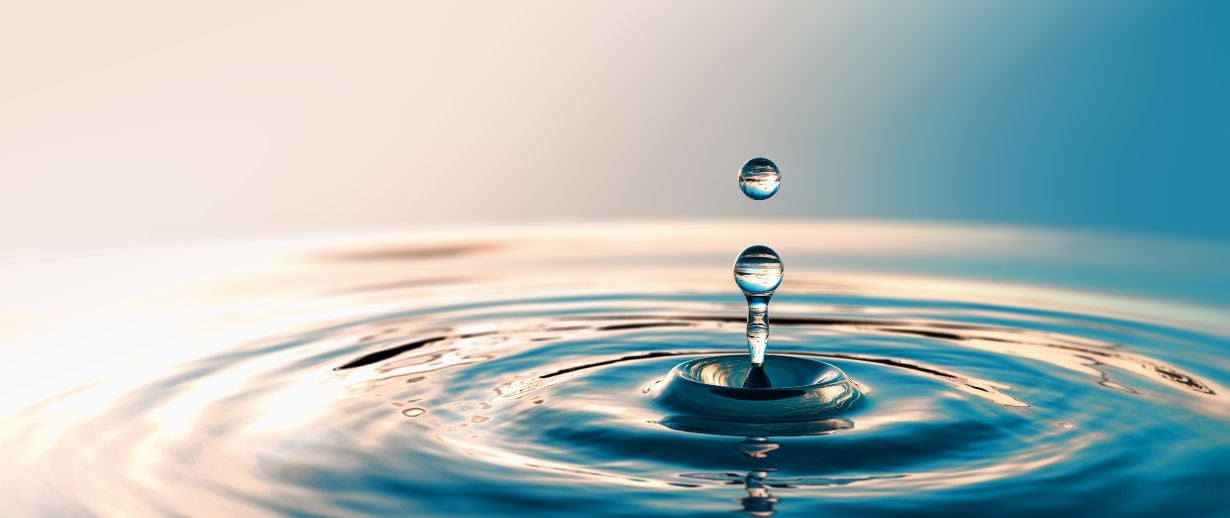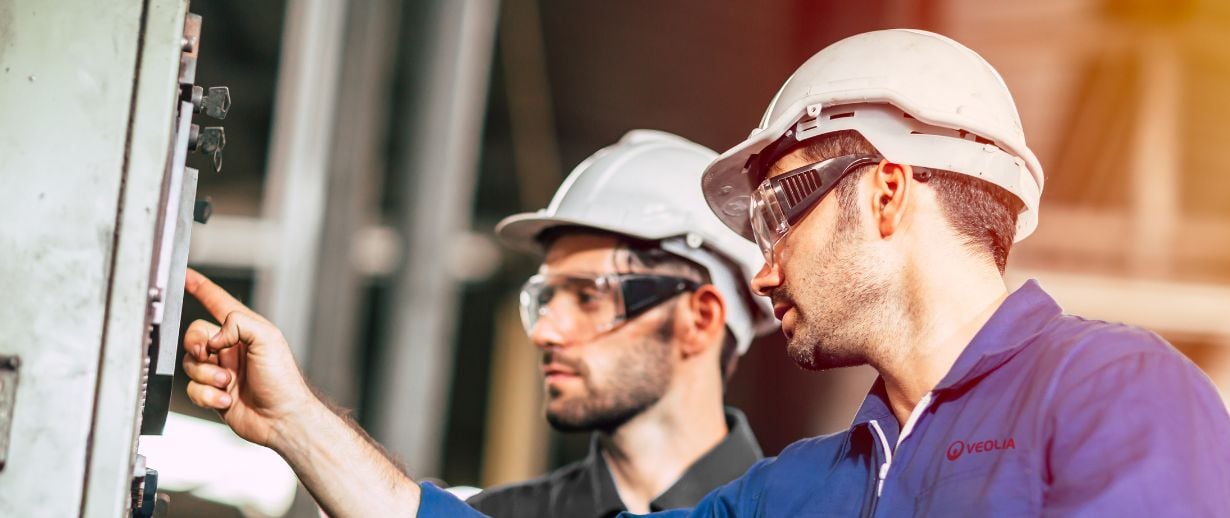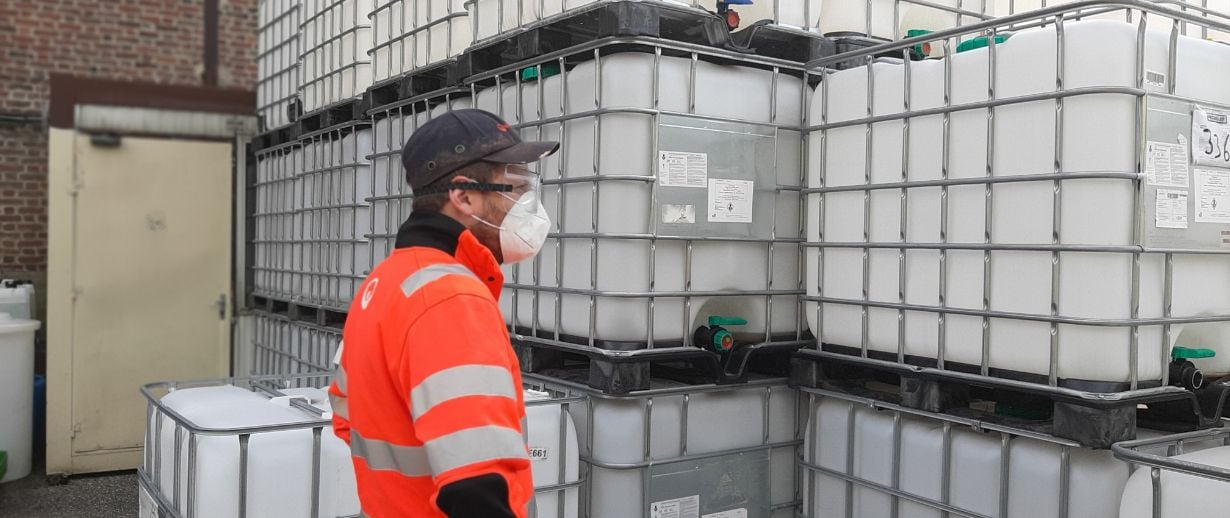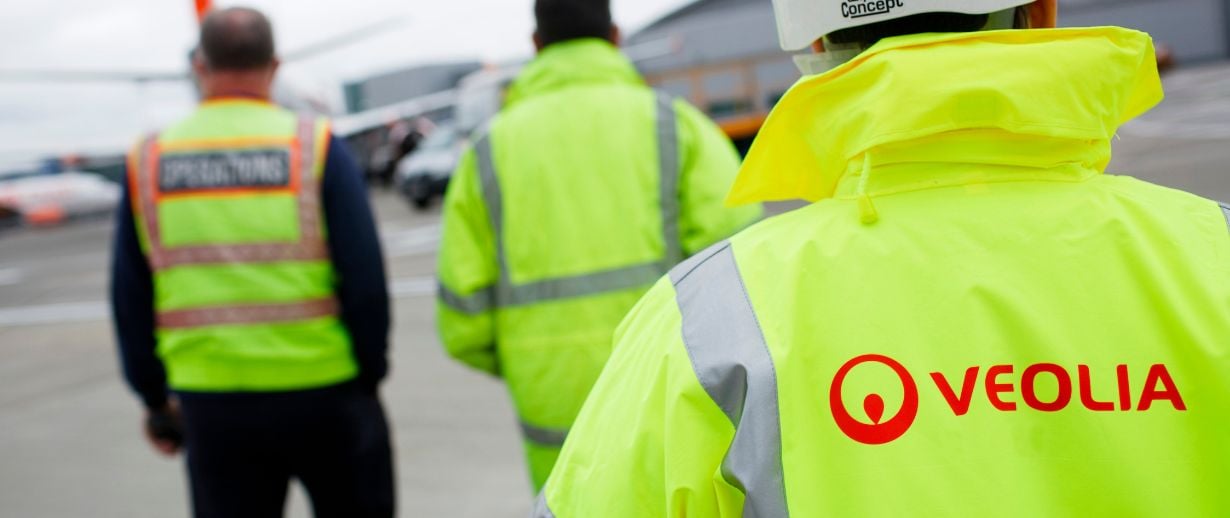Why water quality is so important
High-quality feed water is essential for ensuring the energy efficiency of boilers and protecting vital components from damage and degradation. However, there is no one-size-fits-all solution for water treatment and selecting the right one will depend on the exact characteristics of the incoming supply and how the water and steam generated will be used.
Industrial boilers are used to produce steam and hot water in a wide variety of sectors and for many different purposes. In the pharmaceutical industry and healthcare sector, boilers may be used to produce utility steam that is in turn used to generate clean steam for disinfection of products and equipment respectively.
In the food and beverage industry boilers are used to produce hot water and steam for utilities, brewing and pasteurisation. In the manufacturing and power sectors, the steam is used to turn turbines to generate electricity or drive equipment. However, ensuring the quality of the boiler feedwater is essential.
Why water quality is so important

The presence of water impurities can cause scaling and corrosion, which in turn reduces the effectiveness of heat transference and impacts the efficiency and performance of the system. This corrosion can also shorten the life of key components and the boiler as a whole. Similarly, for systems that include turbines, corrosion of the blades can disrupt their operation and ultimately curtail their lifespan.
Selecting the correct high performance water treatment solution can help minimise or even eliminate these issues while also ensuring the efficient use of mains water. It is important to work with a water treatment specialist that can analyse the quality and characteristics of the incoming water and recommend the most appropriate solution or combination of solutions.

Often the most basic solution to reducing scale build-up is to implement a water-softening system that removes the scale-forming calcium and magnesium salts from water. This delivers the minimum level of water purity required for low and medium-pressure boilers. However, implementing additional water treatment may be advisable to remove other contaminants that can cause issues with the boiler.
An effective option for removing both organic and inorganic impurities is Reverse Osmosis (RO). Reverse Osmosis uses a semi-permeable membrane to separate up to 99% of the dissolved solids and particles from a water supply. The feed water enters the membrane under pressure and the water molecules pass through, while the contaminants are captured and discharged to drain.
For high-pressure boiler and critical applications, the Reverse Osmosis stage may be followed by Continuous Electrodeionisation (CEDI) technology. CEDI, is a high-efficiency demineralisation process that uses electricity and ion exchange membranes to separate dissolved impurities (ions) from water.
 The water produced meets a high level of purity, ideal for high-pressure boiler water feed. For example, our TERION S™ solution can achieve conductivity levels of less than 0.5 µS/cm,.
The water produced meets a high level of purity, ideal for high-pressure boiler water feed. For example, our TERION S™ solution can achieve conductivity levels of less than 0.5 µS/cm,.
In addition, to reduce the water footprint of the system, the reject stream from the RO can be fed through a secondary RO unit to reduce water rejected to drain. The permeate from this RO is recycled back to the feed water of the main system.
Depending on the characteristics of the mains water it may also be necessary to utilise specially formulated water treatment chemicals alongside water treatment technologies. Supply water that has high levels of chlorine can damage the RO membrane and so must be treated using chemicals as a preliminary step. For example, our Hydrex™ 4301 water treatment chemical has been specifically formulated to protect RO systems. We recently published a case study where Hydrex™ 4301 effectively removed excessive levels of residual free chlorine from a largescale gin distillery’s feedwater. This improved the efficiency of the water conditioning units and prevented any damage to the water softeners. Read it here.

Water treatment chemicals can also be used to address specific parameters of the boiler water. As an example, our Hydrex 1815 is a neutralising amine product that allows control of the pH of the steam and condensate to prevent corrosion in the steam and condensate lines. In addition, our oxygen scavenger solution Hydrex 1316 effectively removes oxygen from the water to prevent corrosion and is ideal for use in high-pressure boiler applications.
Choosing the right water treatment partner

The complexity of designing and implementing an effective water treatment solution for boiler water applications means it is essential to work in partnership with an experienced water treatment specialist. This partner organisation should be able to offer a range of options and be able to design a full solution around the exact site requirements, as well as provide value-added services.
At Veolia Water Technologies UK, our team of expert engineers invest time to understand the specific needs of the customer and carry out a full assessment of the feed water to ensure the most effective solution can be recommended. Furthermore, we have the ability to trial the technology using mobile assets to demonstrate the effectiveness of the solution before full implementation. We aim to offer technical support and guidance from the initial design and specification stage though to the ongoing supply of chemicals as well as full servicing and maintenance of the assets.
Learn more about our boiler water treatment expertise here.
-
Top Electric Steam Boiler Makers | AI-OptimizedNewsJul.31,2025
-
Top Electric Steam Boiler Manufacturers - High Efficiency SolutionsNewsJul.30,2025
-
Top Electric Steam Boiler Manufacturers – Efficient Industrial SolutionsNewsJul.29,2025
-
Top Electric Steam Boiler Manufacturers | Reliable Industrial SolutionsNewsJul.29,2025
-
OEM Steam Boiler Solutions for Custom Needs | High Efficiency & VersatilityNewsJul.29,2025
-
High-Efficiency Thermal Oil Boiler for Industrial Heating SolutionsNewsJul.29,2025

